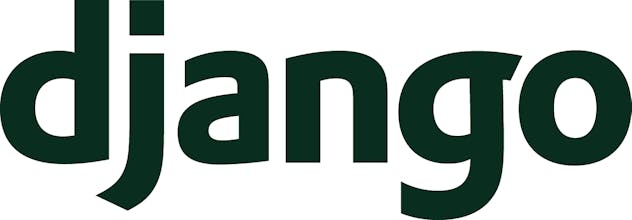
What is Django?
A high-level Python web framework that encourages rapid development and clean, pragmatic design. Built by experienced developers, it takes care of much of the hassle of web development, so you can focus on writing your app without needing to reinvent the wheel. It’s free and open source.
Do you use Django?

Recent Django Launches

Django Python Web framework The web framework for perfectionists with deadlines.
Launched on December 6th, 2016
Forum Threads
View all
Review Django?
5/5 based on 3 reviews
Maker reviews of Django
We chose Django for its robust framework and built-in tools, allowing us to build and maintain the backend efficiently with secure, scalable architecture.
Using as headless, with batteries included

The most mature Python web framework with excellent documentation and powerful built-in features for rapid development.
Reviews
•38 reviews
Django Advantages
✅ Fast and Efficient – Django follows the “Don’t Repeat Yourself” (DRY) principle and provides many built-in features, such as authentication, ORM (Object-Relational Mapping), and database management, which speed up the development of web applications.
✅ High Security – Django handles many security vulnerabilities by default, such as SQL Injection, Cross-Site Scripting (XSS), and Cross-Site Request Forgery (CSRF).
✅ Clear and Scalable Structure – Django uses the Model-View-Template (MVT) pattern which makes the code more organized and easy to develop for large projects.
✅ Large Community and Complete Documentation – With a large number of users, Django has an active community and very complete official documentation.
✅ Many Built-in Features – Django provides features such as Django Admin for data management, a cache system, support for various databases, and a built-in API for the REST framework.
Django Cons
❌ A bit Heavy for Small Projects – Django has a lot of features that may be overkill for simple projects or small applications.
❌ Steep Learning Curve – Compared to lighter frameworks like Flask, Django has a lot of concepts to understand first, such as migrations, ORM, and middleware.
❌ Less Flexible for Microservices Applications – Django is better suited for monolithic applications compared to lighter microservices architectures like Flask or FastAPI.
Conclusion
Django is a powerful framework for building fast, secure, and scalable web applications. If you’re developing a large application like an e-commerce, content management system (CMS), or database-driven platform, Django is a great choice. However, if you’re just building a small API or lightweight application, Flask or FastAPI may be a better fit.
⭐ Rating: 9/10 – Great for developers who want to build web applications quickly without having to build features from scratch! 🚀
bandar bola
•4 reviews
Very quick to develop on with everything included out of the box to build a product.


